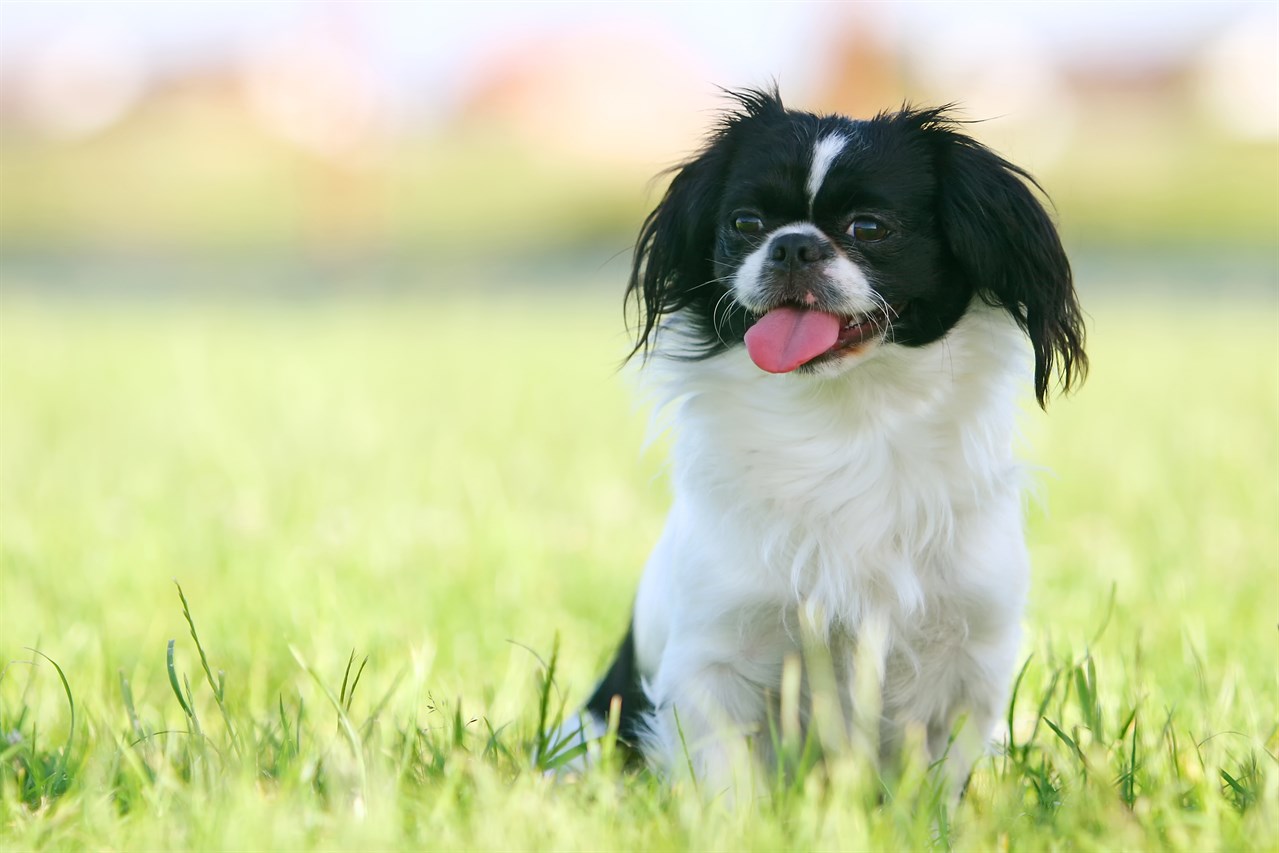Training the Pekingese: A Balance of Independence and Intelligence

The Pekingese breed has a reputation for its unique blend of independence and intelligence when it comes to training. Their dignified and regal demeanour can sometimes give the impression that they are aloof or uninterested in training. However, with the right approach, patience, and consistency, Pekingese dogs can be trained effectively.
Independence
Pekingese dogs are known for their independent nature. This trait can make them appear stubborn at times, as they may choose to do things on their terms. This independence stems from their history as companion dogs to Chinese royalty, where they were expected to be self-sufficient in certain situations.
Intelligence
Pekingese are intelligent dogs. While they may not always be eager to please like some other breeds, they are quick learners and can excel in obedience training when approached with patience and positive reinforcement.
Dignity
Their dignified disposition can sometimes translate into a reluctance to engage in playful or undignified behaviours. This can make them appear less interested in training games or activities that seem frivolous.
Training Tips for Pekingese
When training a Pekingese, consider the following tips to maximise their trainability:
- Positive Reinforcement: Pekingese dogs respond best to positive reinforcement techniques. Use treats, praise, and affection as rewards for good behaviour. This encourages them to repeat desired actions.
- Consistency: Consistency is vital in training any dog, but it's especially important with Pekingese. Stick to a consistent training routine and use the same commands and cues every time.
- Short Sessions: Pekingese may have shorter attention spans compared to some other breeds. Keep training sessions brief and engaging to prevent them from becoming bored or disinterested.
- Patience: Be patient with your Pekingese. Their independence may mean that they take longer to grasp certain commands. Avoid becoming frustrated or using harsh training methods, as this can be counterproductive.
- Socialisation: Early socialisation is crucial to help your Pekingese become well-adjusted and comfortable around other people and animals. Expose them to various environments, experiences, and people from a young age.
- House Training: When it comes to house training, be consistent with taking them outside to eliminate, especially during the puppy stages. Pekingese puppies have small bladders and may need more frequent bathroom breaks.
Are Pekingese Hard to House Train?
Pekingese can be a bit more challenging to house train compared to some other breeds due to their independent nature. However, with consistent and patient training, they can learn the appropriate place to eliminate. It's important to start early and maintain a routine, taking them outside at specific times, especially after meals and waking up in the morning.
Remember that house training any dog, including a Pekingese, requires dedication, consistency, and a positive approach. Avoid punishing them for accidents, as this can create anxiety and hinder the training process. Instead, use positive reinforcement to reward them for eliminating in the designated outdoor area. With time and effort, most Pekingese can become successfully house trained.
Pekingese puppies for sale
- Find Pekingese puppies for sale in ACT
- Find Pekingese puppies for sale in NSW
- Find Pekingese puppies for sale in NT
- Find Pekingese puppies for sale in QLD
- Find Pekingese puppies for sale in SA
- Find Pekingese puppies for sale in TAS
- Find Pekingese puppies for sale in VIC
- Find Pekingese puppies for sale in WA